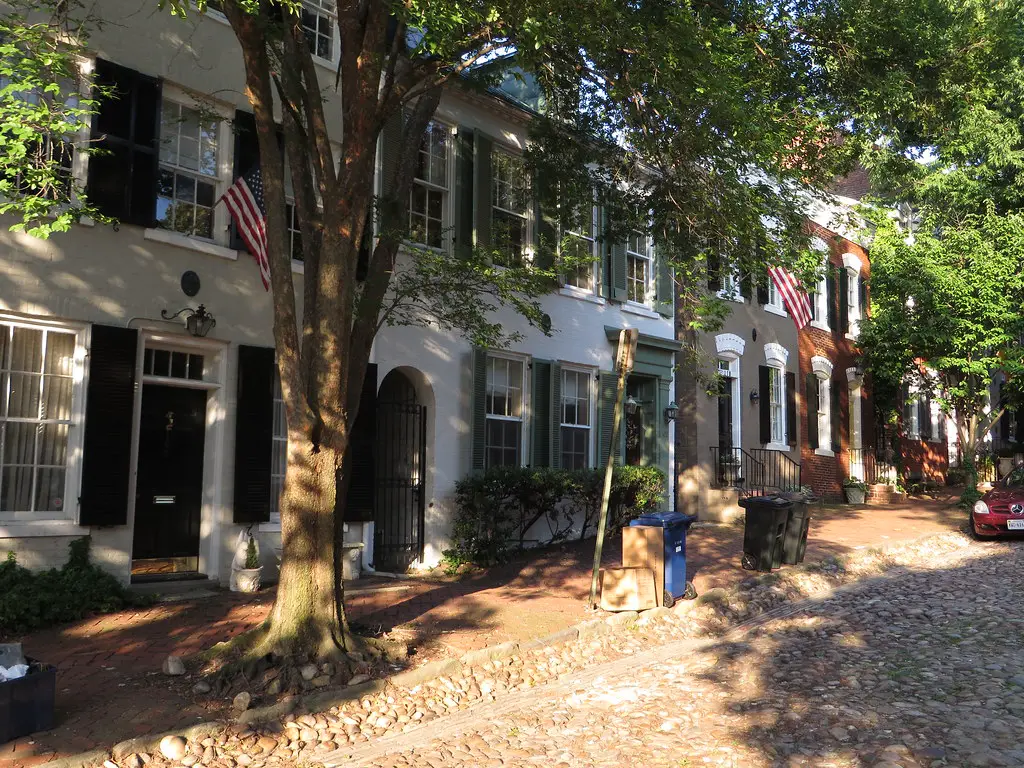Homeownership has long been a cornerstone of wealth accumulation in the United States. However, systemic barriers have historically impeded access for Black and other minority families, contributing significantly to the racial wealth gap. To address this disparity, several states have implemented first-time homeownership programs aimed at assisting these communities. These initiatives not only facilitate homeownership but also promote economic stability and intergenerational wealth. Here are four states where such programs are making a notable impact:
1. Washington, D.C.

Washington, D.C., has launched the Black Homeownership Strike Force to address decades of racially discriminatory policies that have hindered Black residents’ access to homeownership. The Strike Force comprises experts in housing and financial counseling, lending, real estate development, and representatives from various communities. Its goal is to develop recommendations and set a 2030 target for increasing Black homeownership in the district.
By focusing on policy reform and community engagement, the Strike Force aims to dismantle systemic barriers and create equitable opportunities for Black residents. This initiative not only seeks to increase homeownership rates but also to build intergenerational wealth within the Black community. Through comprehensive strategies, including financial education, access to affordable housing, and advocacy for fair lending practices, the Strike Force endeavors to make homeownership attainable and sustainable for Black families in Washington, D.C.
2. Oregon

In Oregon, the Hacienda Community Development Corporation (CDC) in Portland offers a $30,000 grant to first-time homebuyers for down payments, primarily targeting low-income families. This initiative is part of the state’s Economic Equity Investment Program, which aims to build economic stability and equity among disadvantaged groups. The grant can be used for down payments, closing costs, and interest rate reductions, thereby reducing financial barriers to homeownership.
The program faced initial confusion due to a flyer that incorrectly stated it excluded American citizens. The organization later clarified that the program does not discriminate and is open to all Oregonians who are state taxpayers with a mortgage pre-approved by a bank or credit union. Participants must meet two out of five specified risk factors, such as discrimination experience or socioeconomic status. By providing substantial financial assistance, this program empowers first-time homebuyers to overcome economic hurdles, fostering long-term wealth accumulation and contributing to closing the racial wealth gap.
3. Virginia

Virginia has recognized the significant gap in homeownership rates between Black and white households and is taking steps to address this issue. The state is focusing on policies to reduce housing cost burdens, improve housing quality, and expand options for Black households. Efforts include increasing access to affordable housing and implementing programs to support first-time homebuyers from minority communities.
One such initiative is the Saving Towards Affordable and Sustainable Homeownership (STASH) program, a matched savings program targeting first-generation homebuyers. The program’s main goals include closing the racial homeownership gap and increasing assets and the affordability and stability of homes for first-generation, first-time homebuyers with low-to-moderate incomes. By providing financial assistance and promoting sustainable homeownership, Virginia aims to empower Black families to build wealth and achieve economic stability. These efforts are part of a broader strategy to address racial disparities in housing and promote equity across the state.
4. New Jersey

New Jersey has proposed a “baby bond” initiative to help close the racial wealth gap. The plan would provide a one-time transfer of $1,000 to newborn children from families earning up to 500% of the federal poverty level. While not exclusively a homeownership program, the funds, accruing interest over time, could be used for future investments such as purchasing a home, thereby facilitating first-time homeownership among disadvantaged groups.
This initiative aims to provide a financial foundation for low- and moderate-income families, enabling them to invest in wealth-building opportunities. By targeting families at the beginning of a child’s life, the program seeks to break the cycle of poverty and promote long-term economic stability. The baby bond initiative represents a proactive approach to addressing systemic inequities and fostering financial inclusion. By investing in the future of disadvantaged children, New Jersey aims to create a more equitable society and narrow the racial wealth gap.
